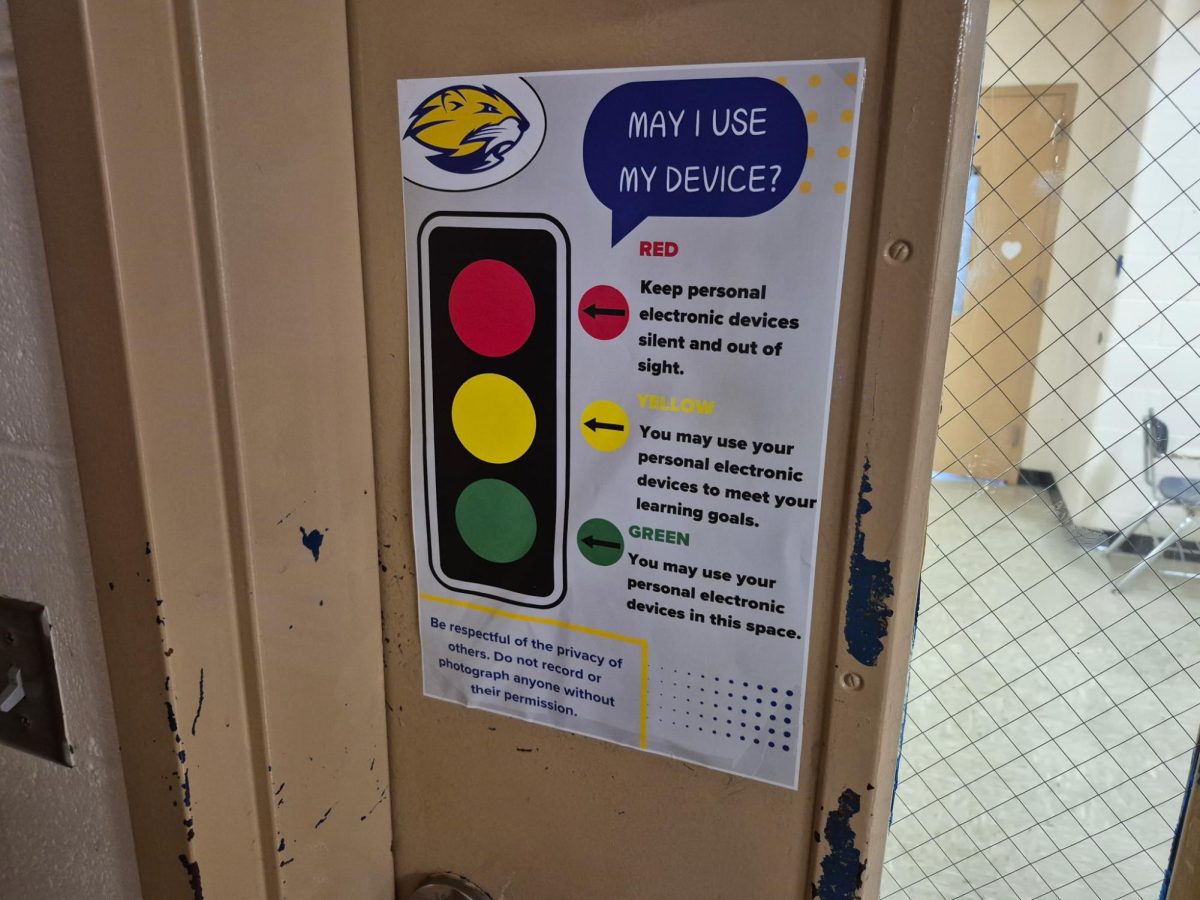The Karns tardy policies serve as a framework for addressing the issue of lateness among students. Typically, these policies outline the consequences of arriving late to class, as well as the expectations regarding punctuality. Schools implement these policies with the hope that they will promote a culture of responsibility and discipline among students. The policy usually includes a system of warnings, detention, and, in some cases, parental involvement.
“It’s honestly really stupid because if you’re only tardy for 3 times you automatically have a silent lunch and traffic affects the time we get to school as well,” said Lexi Cook.
There is a historical context to the development of tardy policies. Schools have sought ways to manage behavior since their inception. Early educational institutions emphasized discipline and punctuality as a means of preparing students for future responsibilities. Over time, as education evolved, the emphasis shifted toward understanding individual circumstances. Recognizing that family dynamics and outside factors influence a student’s ability to arrive on time, schools began re-evaluating their strict approaches to tardiness.
“It’s super unnecessary to be honest, and the punishment is kind of redundant for the students,” said Cole Summers.
Moreover, it is essential to consider the impact of tardy policies on various student populations. For instance, low-income students may face challenges like inadequate transportation, demanding work schedules, or familial responsibilities that hinder their ability to arrive on time. Rigorous tardy policies could inadvertently punish these students for circumstances beyond their control. Therefore, many educators advocate for a more nuanced approach, one that takes into account the individual needs of students and the reality of their daily lives.
“The tardy policy is fire and i think silent lunch is a completely normal punishment for teenagers that are pushing adulthood” said (sarcastically) Luke Hackney
In conclusion, the tardy policy for students is a multifaceted issue requiring careful consideration and a balanced approach. Understanding the implications of tardiness within educational environments is essential to fostering a culture of respect and accountability for our students here.
















